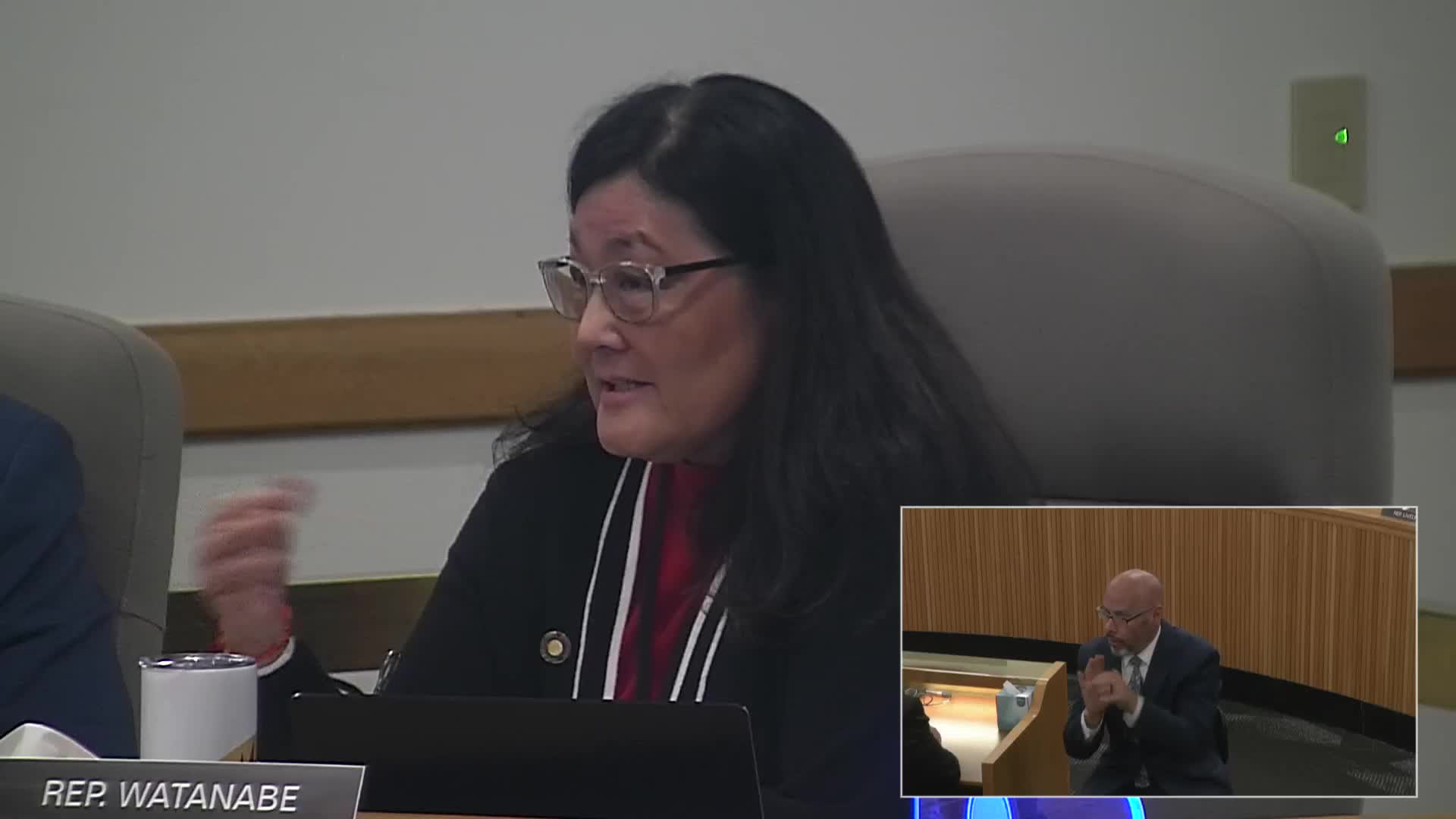Concurrent public hearing on arts package highlights economic role of cultural organizations; HB 3189 and HB 3191 seek state grants and capital funding
Get AI-powered insights, summaries, and transcripts
Subscribe
Summary
Lawmakers and arts leaders testified Feb. 17 in support of HB 3189 (operating and operating‑support allocations) and HB 3191 (a capital slate). Witnesses described the arts sector’s economic contribution and urged passage; no committee vote occurred in this transcript.
The House Committee on Economic Development, Small Business and Trade held a concurrent public hearing Feb. 17 on House Bill 3189 and House Bill 3191, measures that would increase state support for arts and culture organizations and invest in capital projects across Oregon.
Committee staff summarized each bill for members. The dash‑1 amendment to HB 3189, as read to the committee, would appropriate $10,000,000 to the Oregon Business Development Department (OBDD) for distribution to the Oregon Arts Commission; the amendment’s effect was described as specifying $5,538,997 for distribution to six named anchor organizations and directing that the Arts Commission may not distribute funds from its operating support grant program to those specified organizations until July 2026. HB 3191 was described as a capital construction bill that requests approximately $8,875,000 to 14 specified arts and culture organizations and programs, with an additional $400,000 for OBDD to support the Cultural Resource Economic Fund (CREF) and $50,000 for a competitive grant program to fund technical assistance for applicants.
Speakers included lawmakers who sponsored or co‑sponsored the package and many arts leaders and nonprofit representatives who testified about economic, educational and social benefits. Representative Rob Nosse (House District 42) framed the bills as economic development measures as well as cultural investments, citing data that nonprofit arts and cultural organizations generate roughly $1 billion in annual economic activity, support thousands of jobs and return significant tax revenue to state and local governments. Senator Lisa Reynolds and Representative David Gomberg also spoke in support, emphasizing rural and regional benefits and workforce attraction.
Leaders from the Cultural Advocacy Coalition of Oregon, the High Desert Museum, and the Cultural Resource Economic Fund described a process to vet capital projects and argued that the 14 projects included in HB 3191 are “shovel ready” and vetted by the arts community. Several philanthropic and nonprofit representatives — including Lane Shetterly of the Oregon Community Foundation — described private foundation commitments made in recent sessions and asked the legislature to partner on funding for large “anchor” cultural organizations as well as smaller community arts programs.
Cultural and arts organizations from across the state provided examples of local impact. Gabriela Colicchio, executive director of the Oregon Shakespeare Festival, said OSF has a $45 million operating budget and that 80% of OSF ticket buyers live outside Southern Oregon, producing spillover spending at hotels, restaurants and small businesses. Miranda Atkinson of Insta Ballet and Tiffany Edwards of the Eugene Area Chamber described partnerships that brought educational programming and visitor spending to their communities. Restore Oregon, Portland Center Stage, and other presenters described capital needs for historic theaters, museums and community cultural centers.
Questions from committee members focused on administration and vetting: members asked how the anchor organizations were selected, how the Cultural Advocacy Coalition vets capital projects, and why some administrative line items for grant administration are relatively small. Witnesses described a multistep vetting process and said they would provide the committee with historical lists showing prior capital awards and vetting details.
No committee action or votes on either bill are recorded in this transcript; the hearing closed after witnesses finished testimony.
